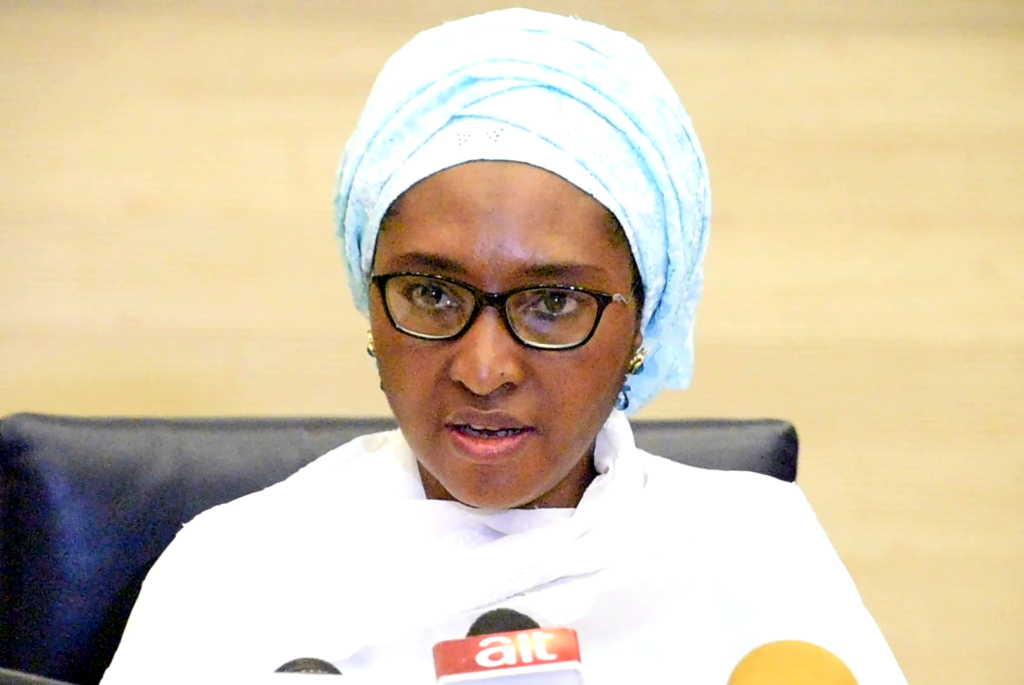Strong indications emerged yesterday that Nigeria is dissatisfied with what it considers as hasty adoption of the ‘Eco,’ the proposed single currency for West African countries.
Owing to this, the country may be unwilling to dump the naira for the ‘Eco’ unless all the prescribed criteria are met.
A reliable source in the presidency said that the federal government was not impressed with the approach of countries in the sub-region that had already adopted the ‘Eco,’ even when they knew that they had not met the prescribed conditionalities.
This, clearly, may have prompted the cautious approach the federal government adopted since it received the change of name of the West African Economic and Monetary Union (UEMOA) currency, otherwise known as Communaute Financiers d’Afique (CFA) to ‘Eco’ by eight French-speaking West African countries.
“Nigeria is studying the situation and would respond in due course,” a one-paragraph statement issued by Yunusa Abdullahi, on behalf of the minister of finance, budget and national planning, Zainab Ahmed, said.
Nevertheless, the source in the presidency explained that, “Nigeria is unimpressed that some countries just want to proceed by any means whereas no member has met the convergence criteria. In fact, at the last ministerial and Central Bank Governors’ meeting, Nigeria’s representatives raised strong objections to the attitude of some members, who are determined to proceed to the single currency when data presented to the meeting were questioned as being incredible.”
For the Eco to be implemented, 10 convergence criteria were set out by the West African Monetary Institute (WAMI). These were divided into four primary and six secondary criteria.
The four primary criteria to be achieved by each member country are: a single-digit inflation rate at the end of each year; a fiscal deficit of no more than four per cent of the Gross Domestic Product (GDP); a central bank deficit-financing of no more than 10 per cent of the previous year’s tax revenue, and gross external reserves that can give import cover for a minimum of three months.
On the other hand, the six secondary criteria to be achieved by each member country are: Prohibition of new domestic default payments and liquidation of existing ones; tax revenue should be equal to or greater than 20 percent of the GDP; wage bill to tax revenue equal to or less than 35 per cent; public investment to tax revenue equal to or greater than 20 per cent; a stable real exchange rate, and positive real interest rate.
Presently, only Togo has met the convergence criteria within the last two years, a development which makes it difficult to operationalise the proposed currency union.
But last week, French-speaking countries which included Benin Republic, Burkina Faso, Guinea-Bissau, Cote d’Ivoire, Mali, Niger, Senegal, and Togo, agreed to adopt the Eco as their single currency.
Ivory Coast President Alassane Ouattara and French President Emmanuel Macron had announced earlier this month that West Africa’s monetary union had agreed to cut some financial links with Paris that had supported the region’s common currency since its creation.
Also, Ghana disclosed yesterday that it was determined to, “do whatever we can” to join the new West African currency. Ghana has its own currency, the Cedi.
“We, in Ghana, are determined to do whatever we can to enable us (to) join the Member States of UEMOA, soon, in the use of the Eco, as, we believe, it will help remove trade and monetary barriers,” President Nana Akufo-Addo said in a statement.









